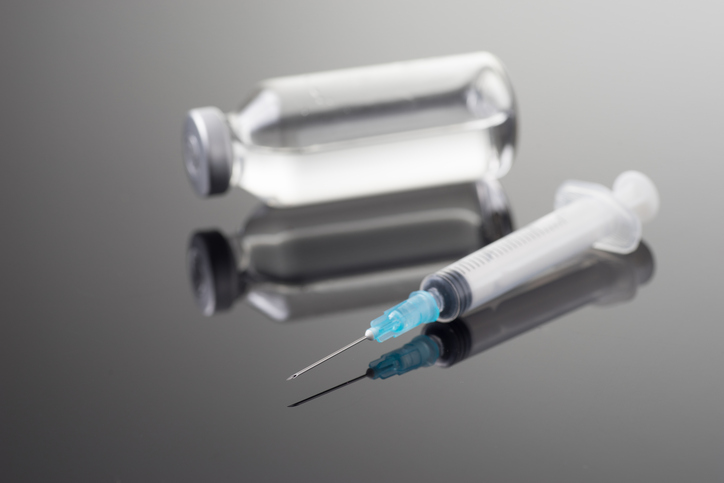
A company that specializes in developing vaccines has received a major boost from the federal government to develop one for Covid-19.
Gaithersburg, Maryland-based Novavax said Tuesday that it had received $1.6 billion in funding from Operation Warp Speed, a government program that aims to develop a vaccine against the SARS-Cov-2 virus in 2021. The money will be used to complete clinical development that includes a Phase III study of Novavax’s candidate, NVX-CoV2373, establish manufacturing and deliver 100 million doses of the vaccine as early as late this year.
Shares of Novavax were up more than 27% on the Nasdaq in premarket trading following the news.
“The pandemic has caused an unprecedented public health crisis, making it more important than ever that industry, government and funding entities join forces to defeat the novel coronavirus together,” Novavax CEO Stanley Erck said in a statement. “We are honored to partner with Operation Warp Speed to move our vaccine candidate forward with extraordinary urgency in the quest to provide vital protection to our nation’s population.”
The ClinicalTrials.gov database currently lists a Phase I/II study of NVX-CoV2373 that is recruiting 131 participants. That study started in Australia in May, and the company said it plans to start the Phase III study, enrolling up to 30,000 subjects, in the fall of this year. NVX-CoV2373 consists of a stable, prefusion protein made using Novavax’s nanoparticle technology.
OWS, which the Department of Health and Human Services launched in March, has already awarded billions to companies developing vaccines against SARS-CoV-2, including Johnson & Johnson, Moderna and AstraZeneca.
However, the unprecedented speed at which it is working to develop a vaccine – among the fastest to be developed was the mumps vaccine, which started in 1963 and was licensed in 1967 – has led to some concerns about the potential for cutting corners, or the Food and Drug Administration granting a premature approval or emergency use authorization based on antibody data.
In an interview with Martha Raddatz on ABC’s “This Week” Saturday, FDA Commissioner Stephen Hahn said he couldn’t predict when a vaccine would become available. Last week, the FDA released a guidance for vaccine developers, and Hahn said in a statement that the agency would not cut corners in assessing vaccine candidates.
Photo: Esben_H, Getty Images










